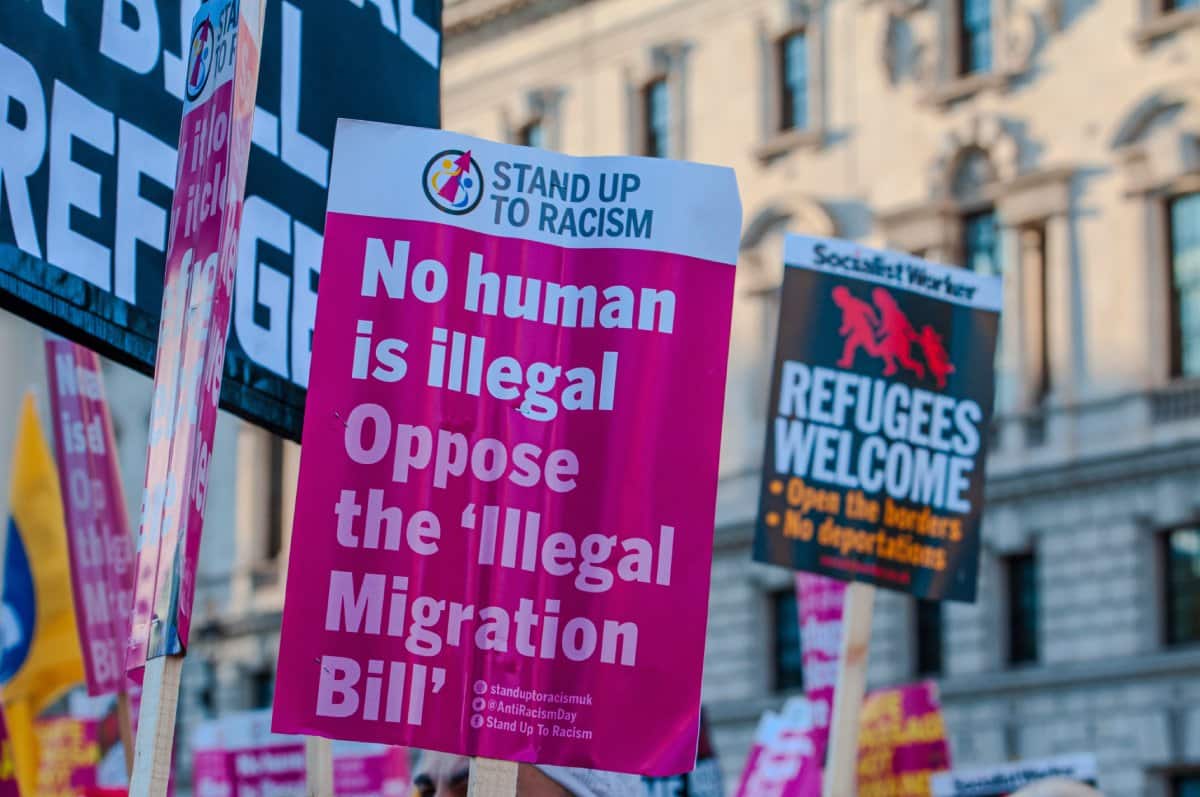Rishi Sunak’s contentious plan to deport asylum seekers to Rwanda faced a significant setback as the House of Lords voted to delay ratification. Here’s the full story.
Falling at Hurdles
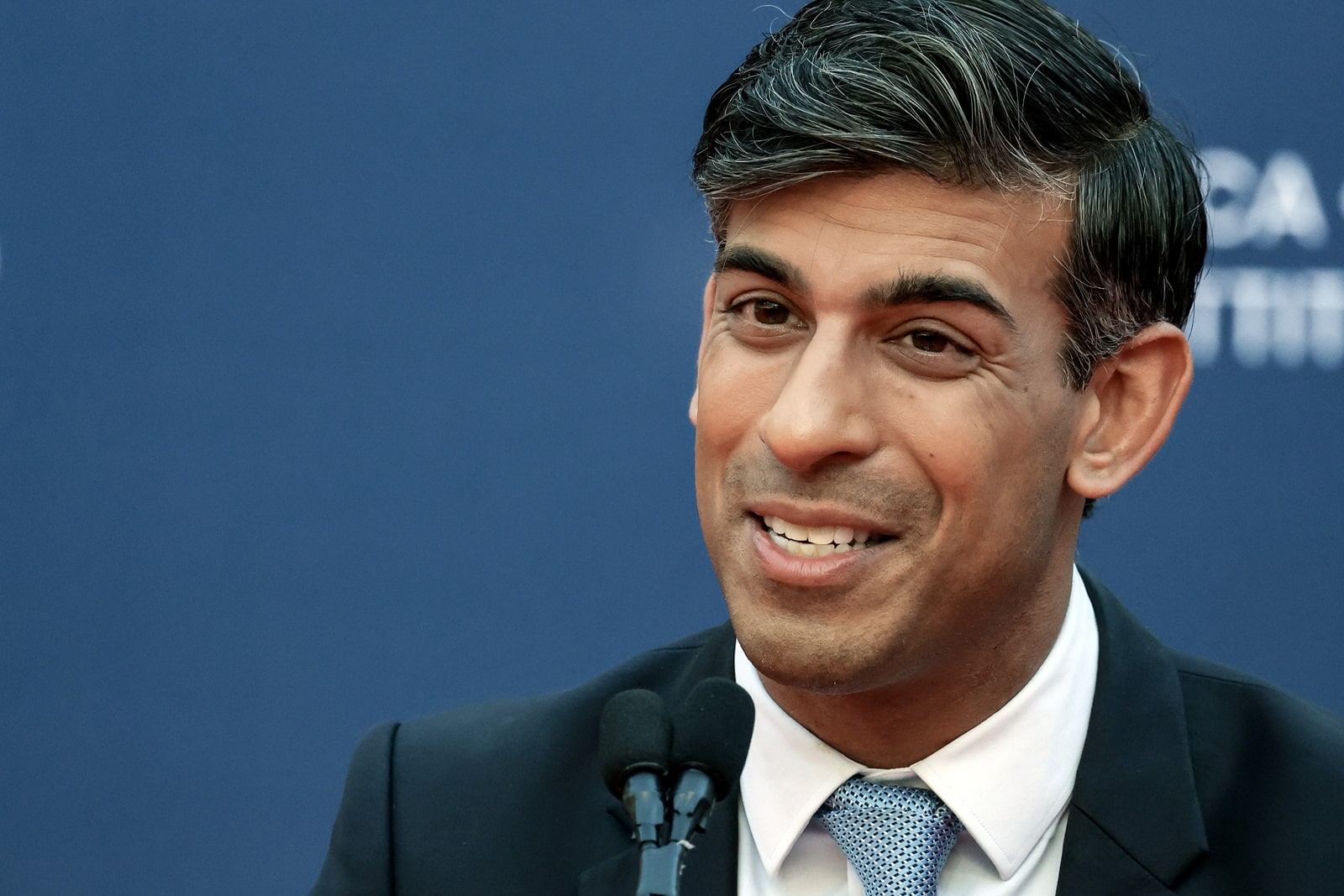
Rishi Sunak’s controversial plan to deport asylum seekers to Rwanda faced its first significant setback as the House of Lords voted for a motion to delay the ratification of the Rwanda treaty.
Unexpected Defeat

This unexpected defeat marks the first of what is sure to be several parliamentary hurdles for Sunak’s deeply troubling proposal, with debates raging throughout the House of Lords over the safety of the proposed agreement.
The Vote

The vote, with 214 in favour and 171 against, sought more assurances from the government regarding the protection of asylum seekers before Sunak could implement the new treaty.
Unprecedented Defeat

Monday night’s vote in the House of Lords marked an unprecedented defeat of Sunak’s signature legislation, aiming to pause the implementation of the deal that underpins the asylum scheme.
Debate Within the Party

The Safety of Rwanda bill, previously approved by the Commons, will only come into force upon ratification of the treaty. This defeat follows a recent Tory row that had already severely tarnished the prime minister’s authority, adding to the perception of a government on its last legs.
The Will of Which People?
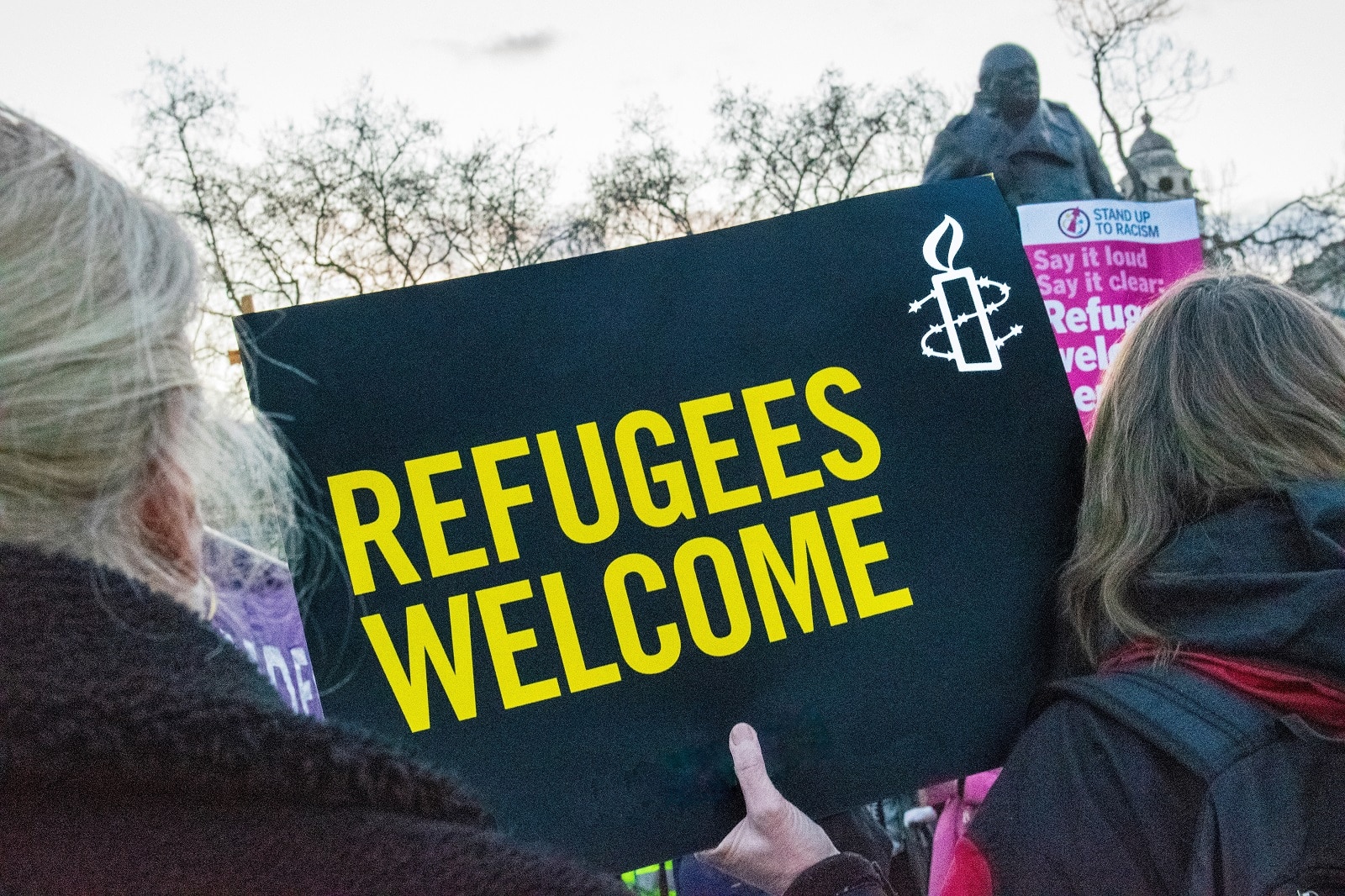
Despite the stinging defeat in the House of Lords, Downing Street maintains that flights to Rwanda will proceed as planned. The government had warned peers before the vote that the legislation must pass, as a failure to do so would be an insult to the “will of the people,” a dog whistle phrase that became popular with members of Boris Johnson’s government following the Brexit referendum.
Contentious Issue
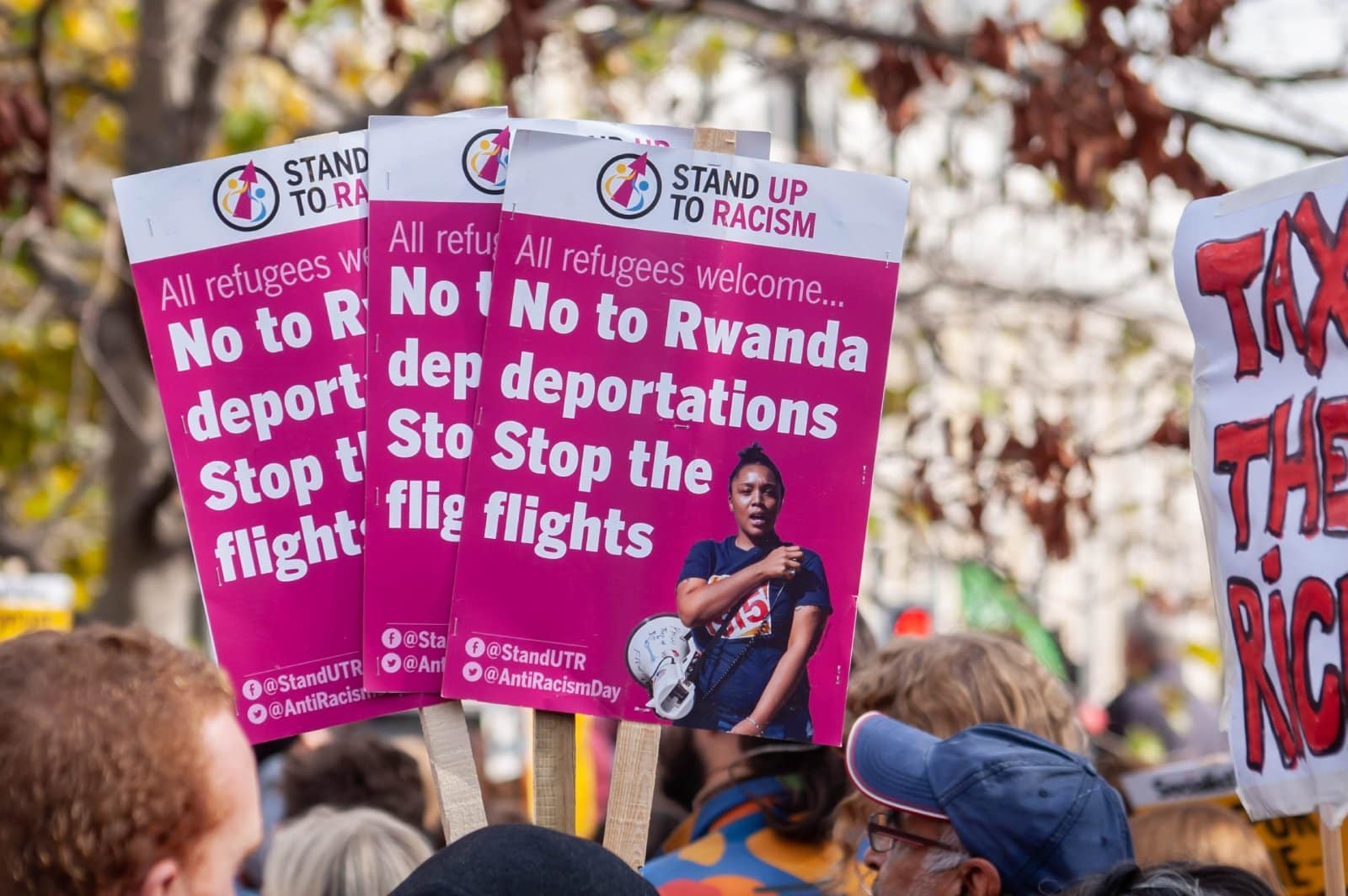
The Lords, apparently unswayed by the thinly veiled threat, has now set the stage for a showdown between the executive and the legislative branches of government over the profoundly contentious issue of deporting asylum seekers.
Delayed Plans
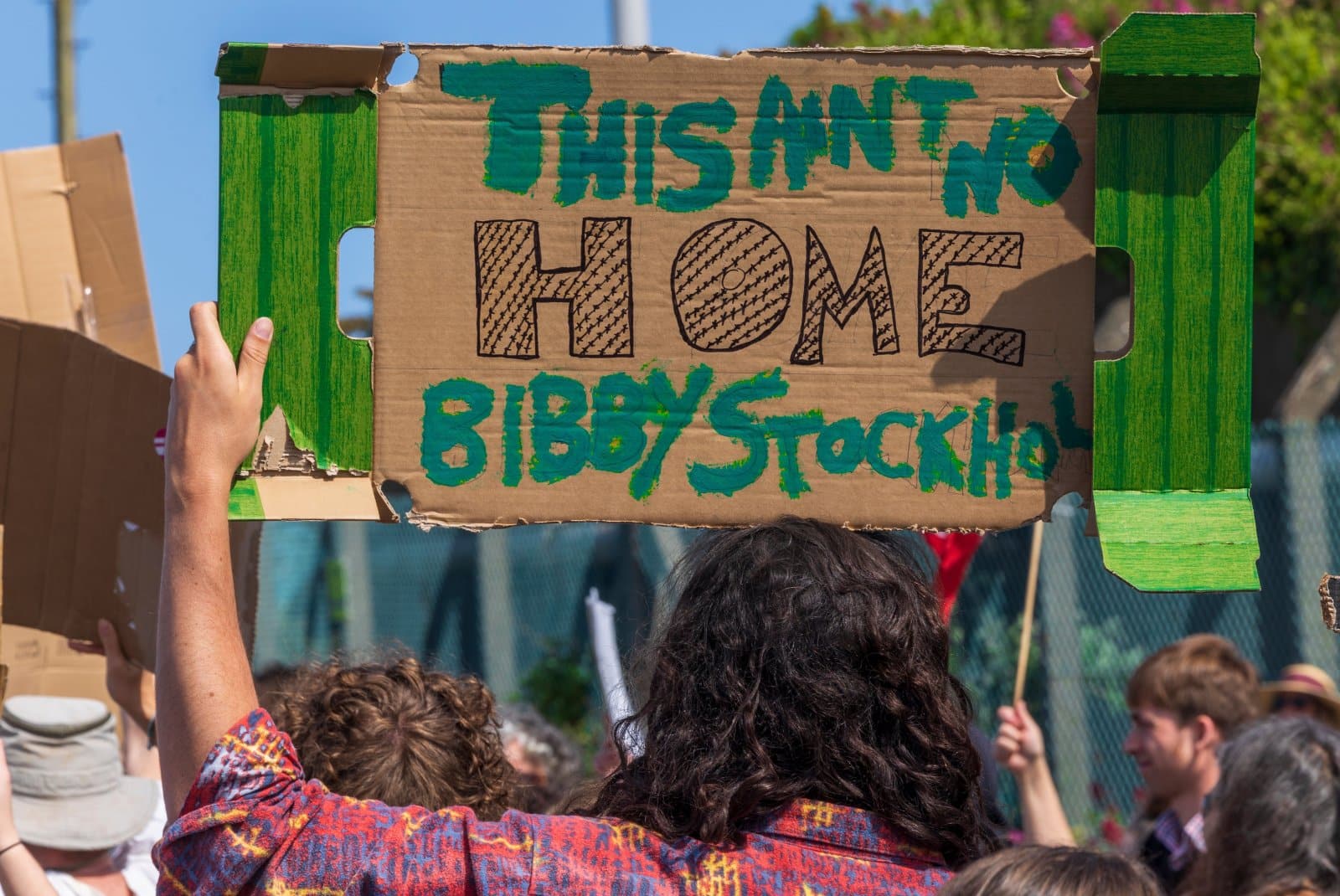
Peers based their decision on a report from the House of Lords International Agreements Committee (IAC), which led the charge to delay the Rwanda treaty at any cost.
Legal Steps
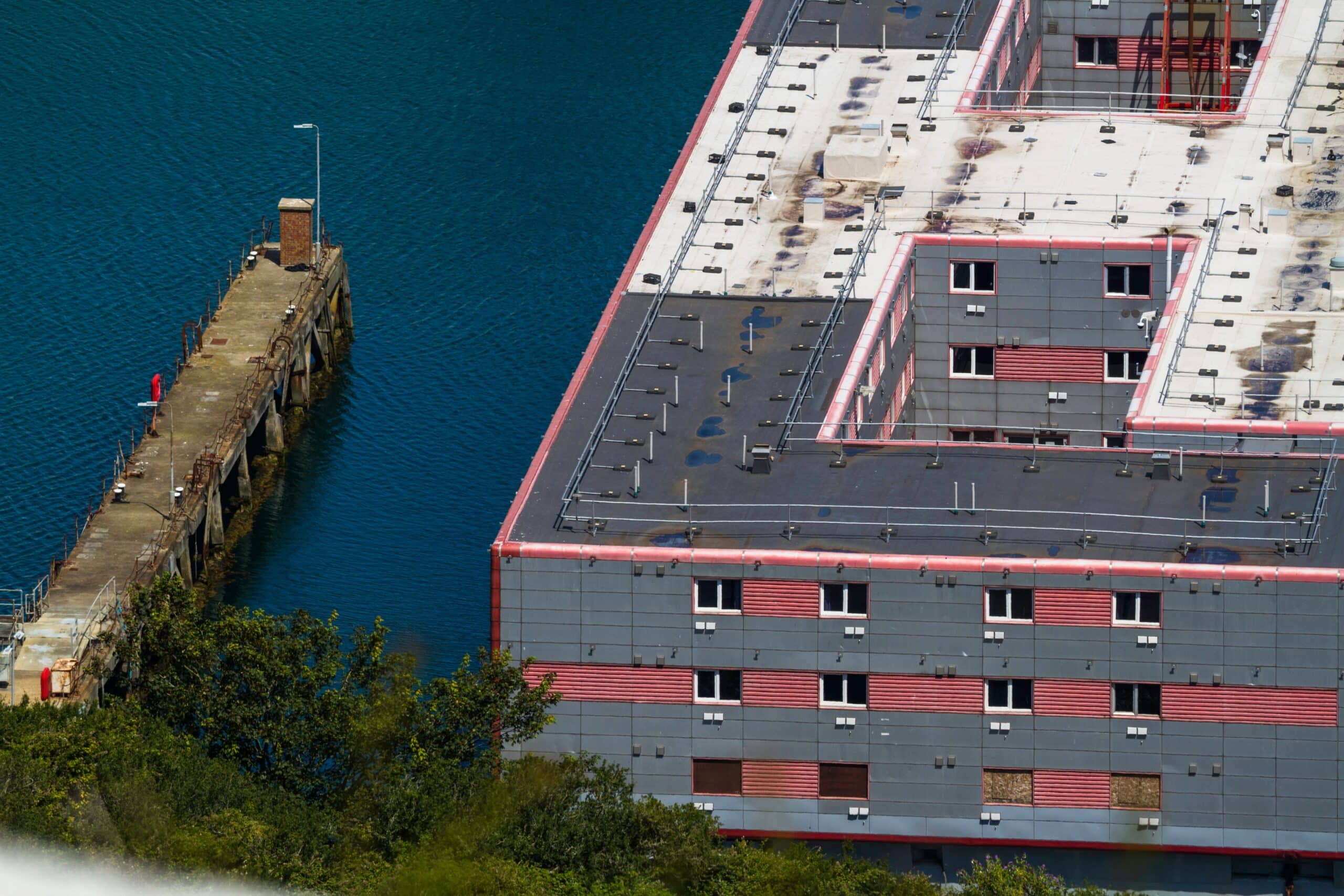
The committee, chaired by Labour peer Lord Goldsmith, identified at least ten areas requiring “significant additional legal and practical steps” to ensure the safety of asylum seekers. This move reflects a demand for clarity, previously somewhat lacking, on the treaty’s promised safeguards for asylum seekers.
Is Rwanda Safe?
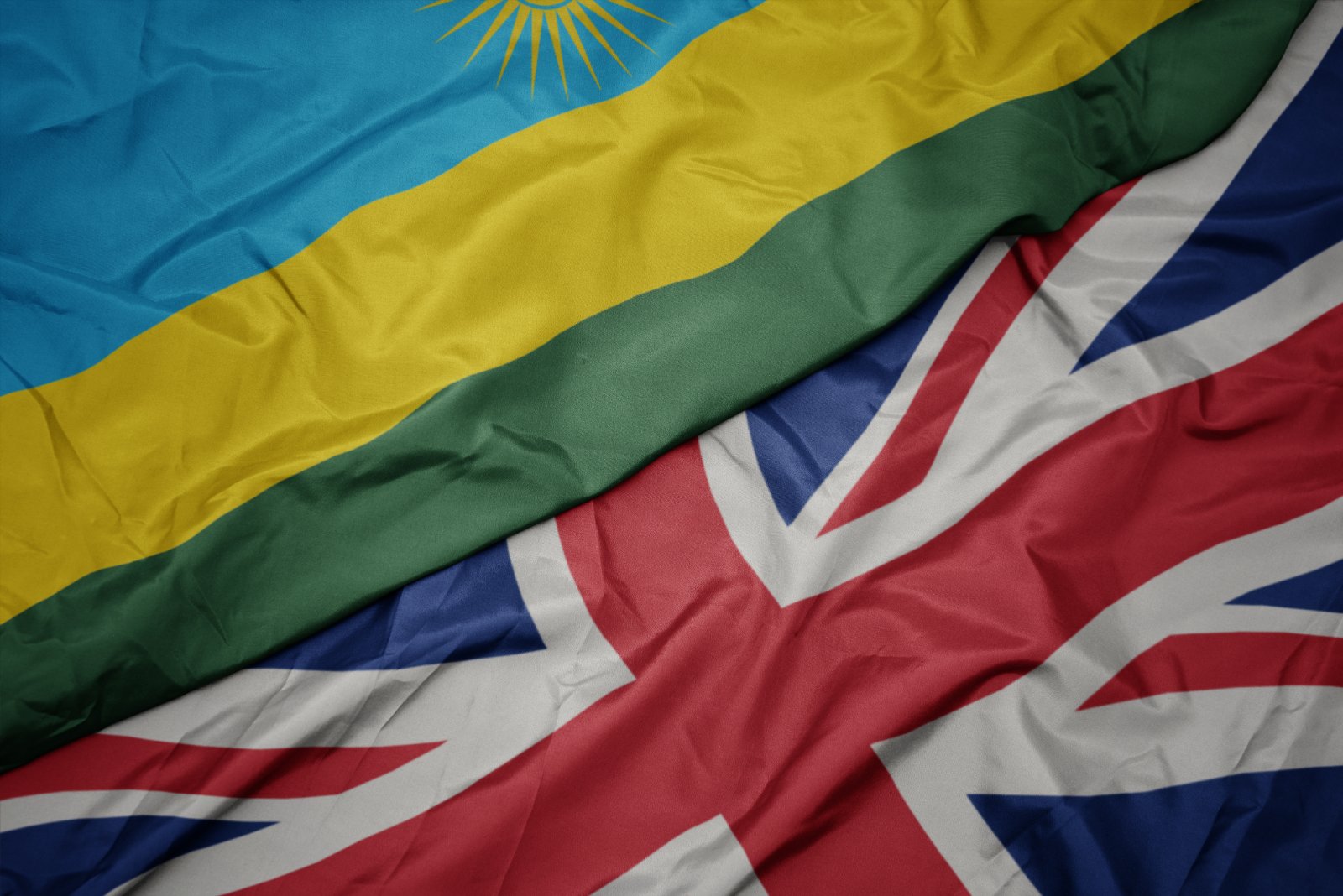
Lord Goldsmith, chairing the committee, emphasised that the report does not outright reject the treaty but calls for comprehensive parliamentary scrutiny. He stated, “We are not saying the treaty should never be ratified but we are saying that parliament should have the opportunity to scrutinise the treaty and its implementing measures in full before it makes a judgement that Rwanda is safe.”
This approach reflects a much-needed desire for caution and due diligence in handling a matter on which many human lives hang.
Patronising Tone

Predictably, for such a contentious debate, many differing opinions were on show within the House of Lords. While some, like Conservative Peer Lord Howell, criticised what they perceived as a patronising tone towards Rwanda, others, like Tory Peer Lord Balfe, expressed serious reservations about the suitability of any African country for those seeking asylum in Britain.
Impeding Efforts

Home Office Minister Lord Sharpe of Epsom, in his response to the debate, alleged that Labour peers were employing the House of Lords as a platform to impede the government’s efforts to deter illegal immigration, stating, “using the House of Lords to frustrate our plans to stop the boats.”
An Unprecedented Move

The approval of the motion to delay ratification of an international treaty is unprecedented since the introduction of legislation in 2010.
Assertive Lords

This move demonstrates the House of Lords’ willingness to assert its role in scrutinising government decisions, particularly on matters of international significance and such profound humanitarian impact. It sets a precedent for rigorous examination of future agreements, a development future governments may not look so kindly on.
Downplaying Significance

While the government has sought to downplay the vote’s significance, their critics have characterised it as a significant blow to Rishi Sunak’s vaunted deportation plan. As the government downplays the importance of the vote, critics view it as a substantial blow to Rishi Sunak’s deportation plan.
Outcome Is Crucial

Labour peer Baroness Shami Chakrabarti characterised the outcome as crucial, stating, “Mr Sunak’s dog whistle will be muted or at least delayed. Today’s debate has been crucial.”
Liberal Response

The Liberal Democrats leader in the House of Lords, Dick Newby, called for a reevaluation of the policy, labelling it a “totally unworkable waste of time and money.”
A Pivotal Moment

The Lords’ vote against the immediate ratification of the Rwanda treaty represents a pivotal moment in the ongoing debacle that is Rishi Sunak’s asylum plan.
No Surrender

Though it is unlikely that the government will backtrack on the proposed measures in the bill, there is still hope that the government can put forward a more humanitarian proposal for those seeking asylum in Britain.
More Articles Like This…
Broken Britain: 12 Reasons Behind the UK’s Decline
Say the Unsayable: 10 Occasions When Farage Spoke His Mind About Britain
The post No End to Delays to Rwanda Deportation Scheme as Hurdles Get Higher first appeared on Edge Media.
Featured Image Credit: Shutterstock / JMundy.
Grant Gallacher is a seasoned writer with expertise in politics and impactful daily news. His work, deeply rooted in addressing issues that resonate with a wide audience, showcases an unwavering commitment to bringing forth the stories that matter. He is also known for satirical writing and stand up comedy.

